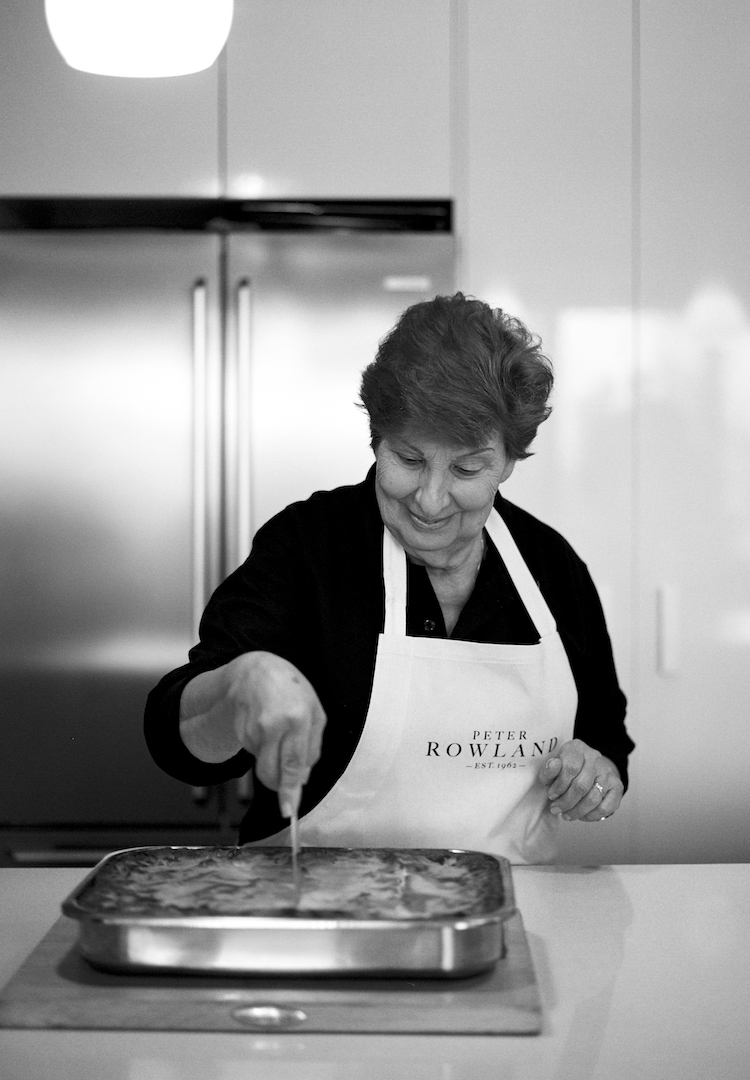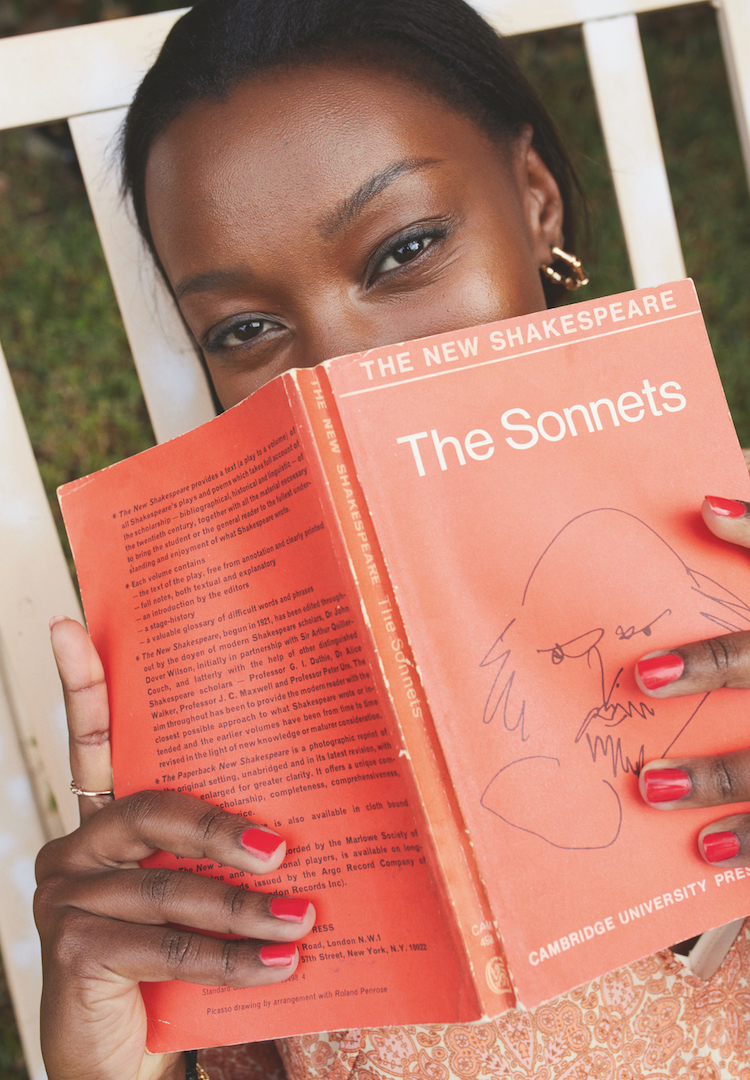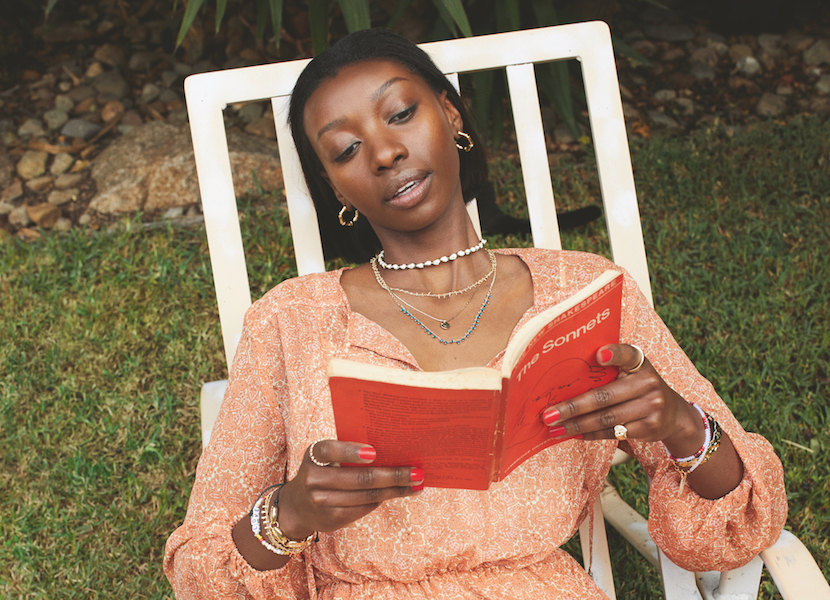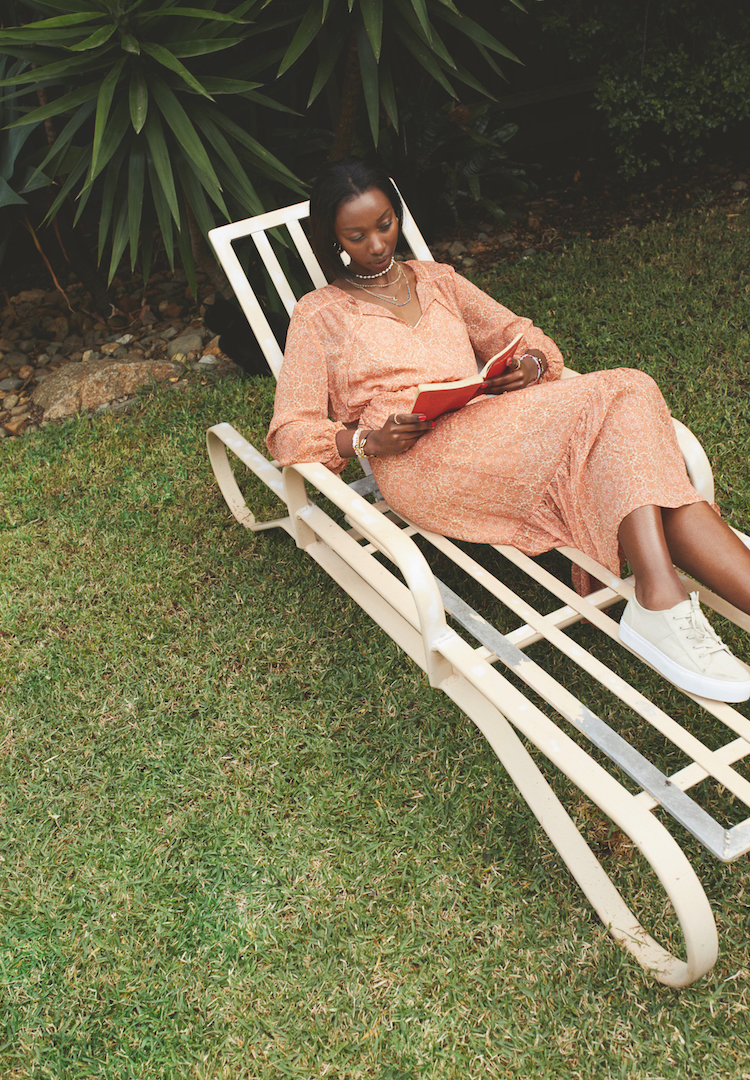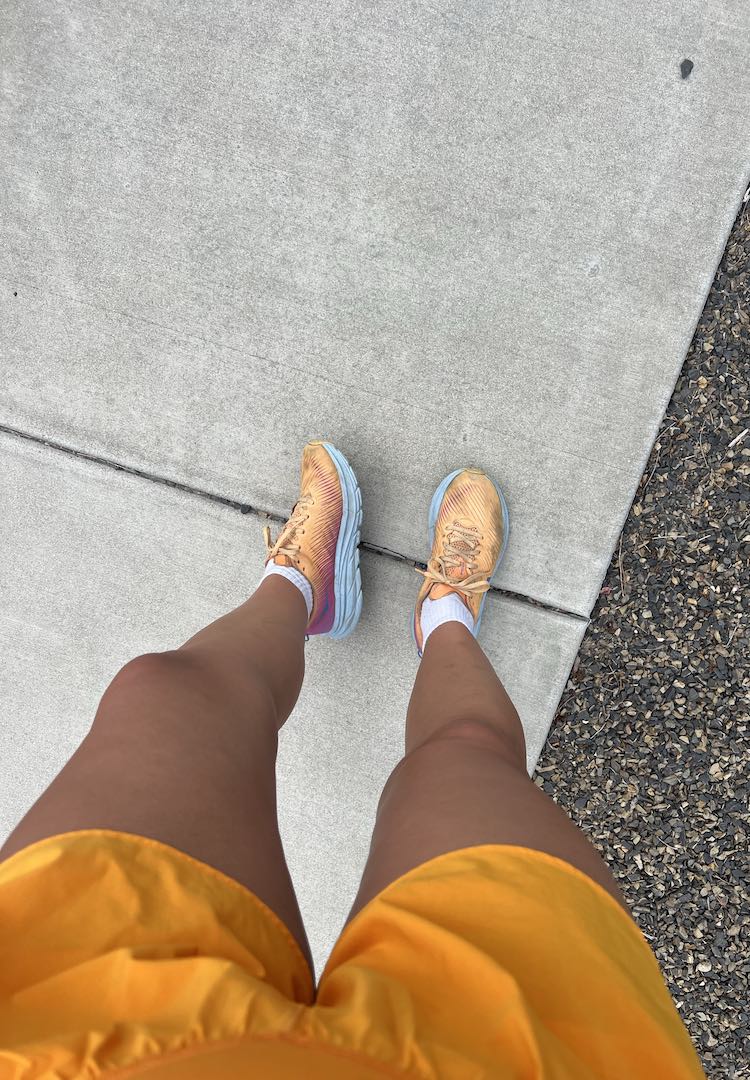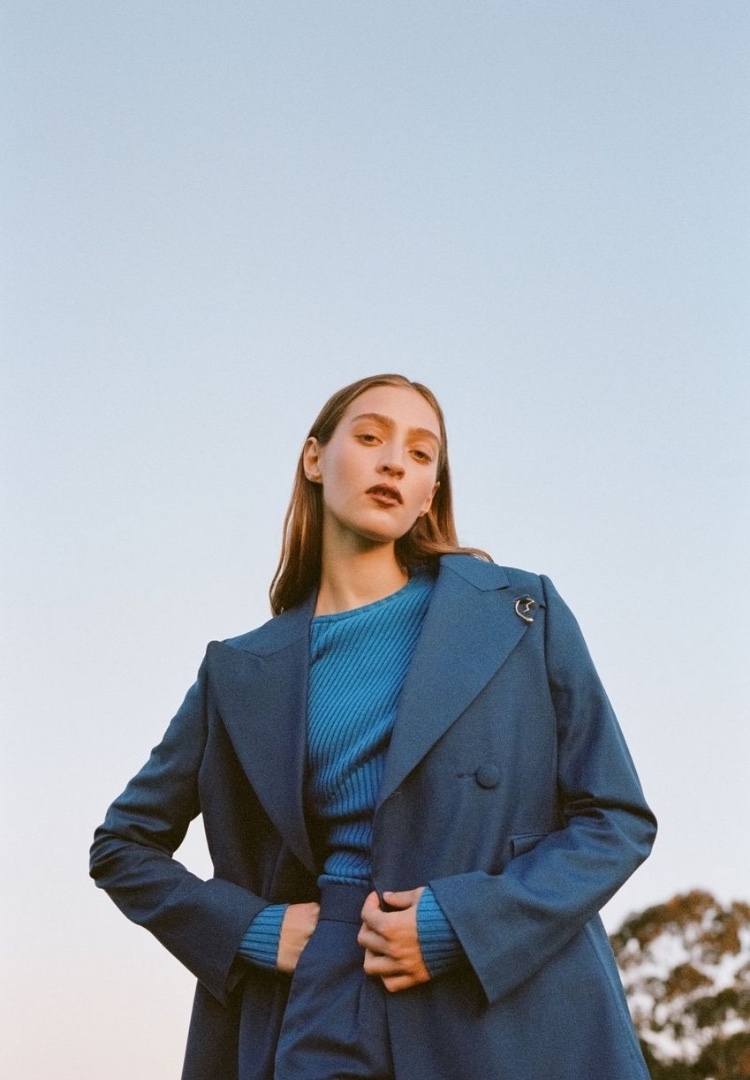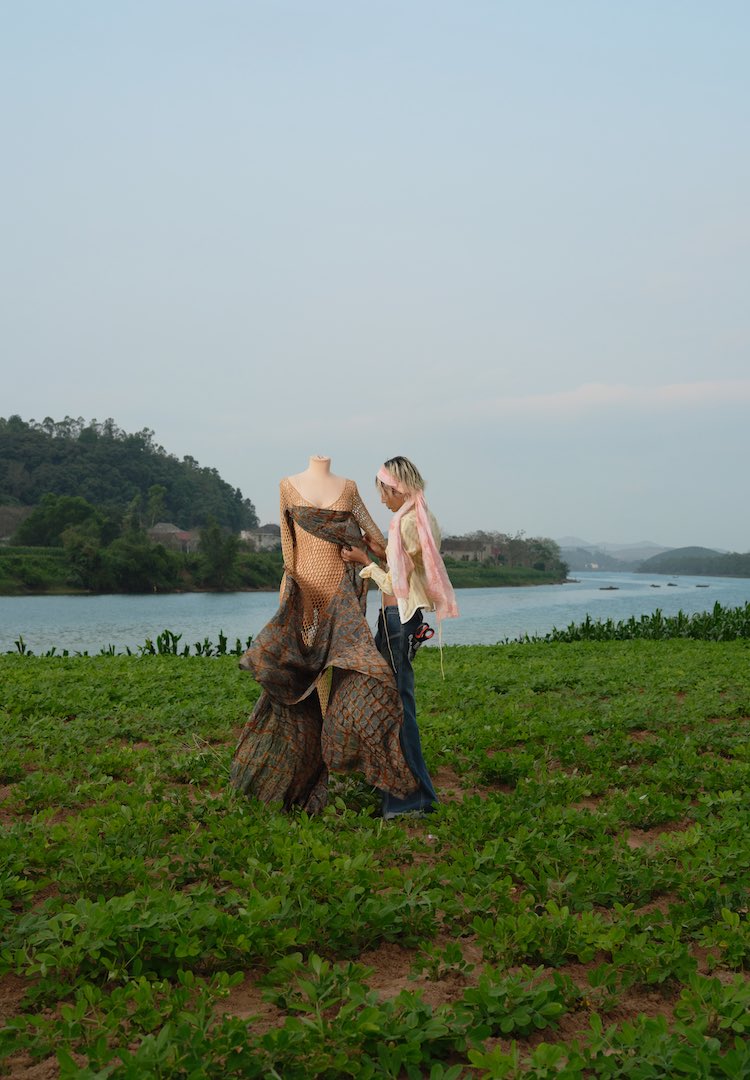Mercy Sang is the powerhouse behind the People of Colour Collective zine
Words by Sasha Gattermayr
“I wanted to focus more on the people in the background.”
Mercy Sang knows that having diversity as the face of an industry is not enough to make it genuinely representative of all kinds of people.
“You can definitely sense when there’s been no diversity in the background of something,” she explains. And she would know. Having entered the fashion industry when she started modelling two years ago, she knew there were so many non-white, talented people working in creative industries that deserved to be championed.
“The people I found the most interesting on set were the people of colour that were behind the camera or stylists,” she says of her early modelling days. To Mercy, diversity behind the scenes, and at all levels of production, is what ultimately delivers real diversity in the finished product.
That’s why, three years ago, she started POCC, the People of Colour Collective. It started as a digital zine designed to give underrepresented creatives in film, art, photography and fashion a platform to celebrate their work.
“I wanted to focus more on the people in the background. All the content that goes up [on POCC] has to involve a person of colour in some way, shape or form,” says Mercy.
Artists like photographers Dylan Cao and Selina Onyando, filmmaker Joseph Haddad and creative director Aggie Choi are just a few of the contributors featured on the site at present, and the list is only set to grow.
Mercy wants creative work to be visibly diverse beyond the models that front it, and for all sides of production to be represented. While modelling was fun work, for Mercy, it was an entry point to the industry and was how she grew her network to find the people she works with now.
After meeting and hearing the stories of people in the industry she came up with the idea.“I thought to myself, ‘You know what would be cool? A magazine that celebrates people of colour.’ So I talked about it, then iD wrote about it and that meant I kinda had to do it. By that point, I thought alright, this is a thing people are interested in I should probably start investing in it.”
I mention to her that it’s crazy to think that something like POCC didn’t exist already. She shares my incredulity.
“When I did it I thought, ‘Surely there is something like this around,’ and there are things like it, but nothing that does exactly what POCC does,” she says.
The magazine is a positive reaction to the way the media and creative industries are diversifying, but failing to do so at all levels. It could easily be taken as a retaliation to a system that hasn’t adequately celebrated the work of creatives of minority backgrounds before, but it’s hard not to see it as wholehearted celebration of the artists and the art they create.
“POCC was born not out of frustration but by being inspired by the people around me,” she explains. “I’m drawn to someone who has a specific voice or message. They’re not necessarily un-sung heroes, I’m more drawn to people who are unapologetically themselves or someone trying to make a difference and impact someone else. At the end of the day that’s what it’s all about, right?”
This is certainly not the end of the day for Mercy. In fact, it’s only the beginning. She will graduate from her business degree in October, and then start journalism next year. As if that wasn’t enough, the Kenyan-born, Melbourne-based multi-hyphenate plans to launch the first print issue of POCC magazine at the end of September.
“In the beginning I wanted it to be purely print, but that’s unrealistic these days. The aim will be two issues a year.”
Mercy joins Sportsgirl’s Be That Girl campaign, celebrating ordinary women and the everyday moments that create joy.

